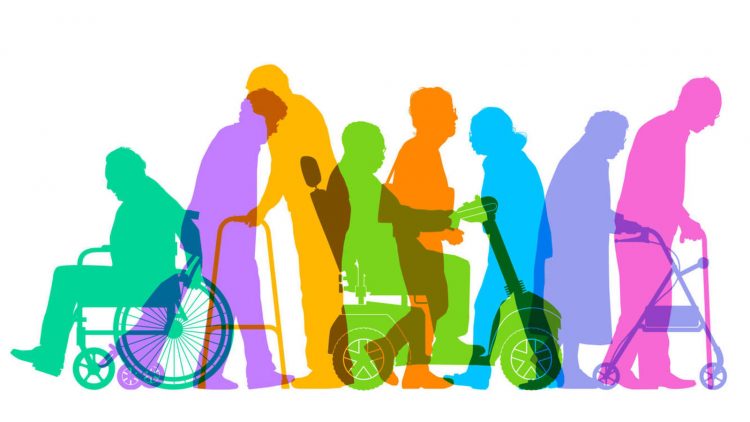On 28th May, the European programmes of international cooperation Bridging the Gap, EUROsociAL+ and SOCIEUX+ shared their work experiences for the inclusion of persons with disabilities in Latin America at the webinar “Europe & Latin America. Disability in bi-regional cooperation: The opportunity for a new normality, more fair for all”, hosted by Grupo Social ONCE.

This webinar, moderated by Natalia Guala on behalf of Grupo Social ONCE, aimed at highlight how the response to the COVID-19 has revealed many of the challenges that still need to be addressed for the effective implementation of the Convention on the Rights of Persons with Disabilities, but it has also opened windows of opportunity to move towards more fair and inclusive societies.
In this sense, the cooperation experience represents a significant contribution to the development of inclusive strategies so that no one is left behind on the path to the new normality, as the representatives of the three programmes involved explained.
Andrea Monaco, from the Area of Social Policies of EUROsociAL+, presented the different actions carried out in the Latin American region to support inclusive policies for persons with disabilities. Similarly, Catherine Barme, Coordinator of Labour and Employment of SOCIEUX+, presented the experiences of the Facility in this thematic, and particularly the case study of Peru, with several activities put into practice to promote the employment of persons with disabilities in the labour market. She also referred to the COVID-19 crisis, and the response launched by SOCIEUX+ to address social protection, labour and employment issues related to this, through the implementation of peer-to-peer short term activities.
Furthermore, Federico Martire, director of Bridging the Gap, shared the main results achieved by the project so far and how it is working for its consolidation and sustainability once the project is completed. He also explained the actions carried out for a disability-inclusive response to COVID-19, emphasizing the support for the preparation of an alternative report by the organisations of persons with disabilities in Paraguay on the inclusion of disability in the Government’s response to the pandemic.
These three European cooperation programmes are participated by the International and Ibero-American Foundation for Administration and Public Policies (FIIAPP), which has taken important steps in its commitment to disability-inclusion, as evidenced the inclusion of disability in its Annual Operational Plan and its adherence to the Global Action on Disability (GLAD) Network.
In addition to these programmes, Ana Lucía Arellano, President of the International Disability Alliance (IDA) and Catherine Naughton, Director of the European Disability Forum (EDF), also participated in the session. They reflected on the need for European cooperation to mainstream disability in its actions by working together with disability organisations to leave no one behind and meet the Sustainable Development Goals of the 2030 Agenda.



